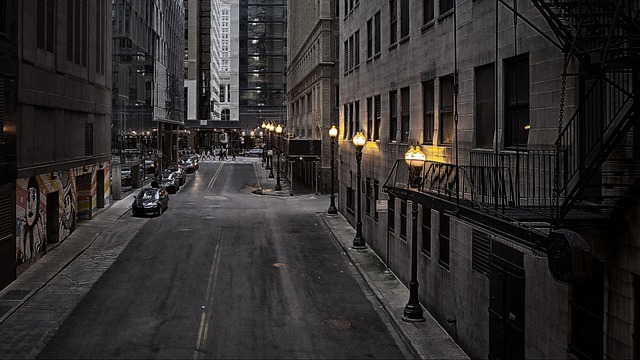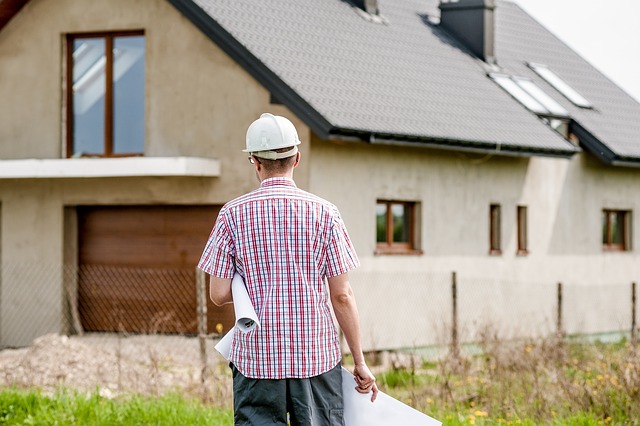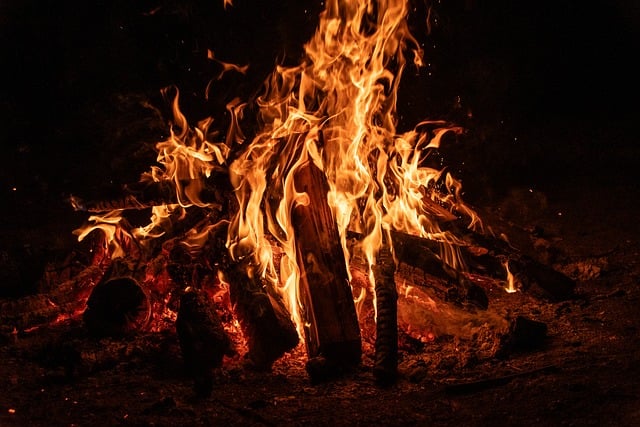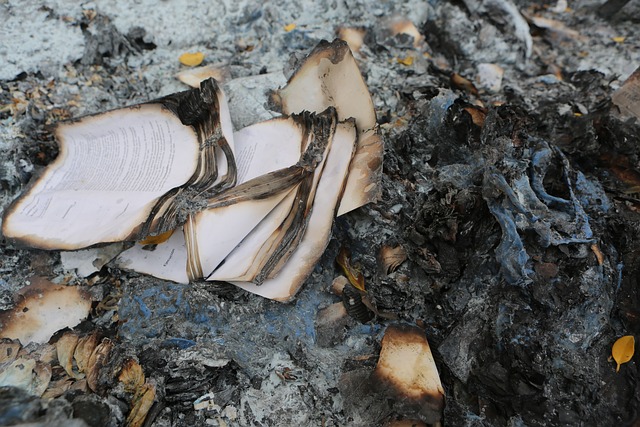Selling a fire-damaged home in Chicago requires specialized knowledge and meticulous planning. After a fire, a thorough inspection is crucial for accurate property valuation, involving professional appraisers who consider replacement costs and local market trends. Key factors influencing value include damage extent, pre-fire condition, location, insurance policies, and compliance with building codes. Homeowners should document losses, negotiate with insurance companies, and market the property honestly, highlighting renovation potential through high-quality photography and staging. Success stories demonstrate the feasibility of selling fire-damaged homes in Chicago with strategic approaches and transparent communication.
After a devastating fire, property valuation takes on new complexity in Chicago. This article delves into the unique challenges and considerations of post-fire assessments in the city. We explore key aspects from initial damage inspection to legal intricacies and insurance claims. Understanding how various factors influence property value is crucial for Chicago homeowners looking to sell a fire-damaged home. Discover practical strategies and real-life success stories that highlight the process, offering valuable insights for those navigating this difficult journey.
- Understanding Post-Fire Property Valuation: A Chicago Perspective
- Assessing Fire Damage: The Initial Inspection Process
- Factors Influencing Property Value After a Fire
- Legal Considerations and Insurance Claims in Chicago
- Strategies for Selling a Fire-Damaged Home
- Case Studies: Success Stories of Chicago Fire Victims Selling Their Properties
Understanding Post-Fire Property Valuation: A Chicago Perspective

After a fire, property valuation in Chicago becomes a delicate process that requires specialized expertise. In the aftermath of such disasters, homeowners often find themselves navigating complex challenges when it comes to selling their fire-damaged properties. The initial step involves assessing the extent of damage—from structural integrity to personal belongings—which significantly impacts the market value. Professional appraisers play a crucial role in this process by providing accurate estimates, considering both the replacement cost and the current real estate market trends unique to Chicago’s diverse neighborhoods.
Chicago’s vibrant real estate landscape demands a nuanced understanding of post-fire property valuation. Local market dynamics, including supply and demand, can influence the selling price of a fire-damaged home. Moreover, insurance policies and their settlement processes further complicate matters. Homeowners must be aware of their rights and the potential for negotiations during this difficult time. Understanding these factors is essential when considering the best course of action for selling a fire-damaged property in Chicago.
Assessing Fire Damage: The Initial Inspection Process

When a fire damages a property in Chicago, the first step for both homeowners and insurance adjusters is a thorough inspection. This initial assessment is crucial in determining the extent of the damage and serves as the foundation for post-fire property valuation. During this process, professionals meticulously examine every corner of the home, documenting evidence of smoke, water stains, charred surfaces, and structural integrity.
The inspection involves using specialized equipment to gauge the level of destruction, including moisture meters to identify water damage and thermal imaging cameras to detect hidden issues. This detailed analysis is essential for selling a fire-damaged home in Chicago, as it provides an accurate picture of repairs needed, ensuring fair compensation for the seller while helping insurance companies provide appropriate coverage to help with rebuilding efforts.
Factors Influencing Property Value After a Fire

After a fire, several factors come into play when determining the value of a property in Chicago. The extent of damage is a primary consideration; a thorough assessment by professionals is essential to gauge the scope of repairs needed. The age and condition of the property before the fire significantly impact the valuation process—older buildings might require more extensive renovations compared to newer structures.
Location plays a pivotal role, too; areas with high demand and desirable amenities may experience less significant depreciation, whereas properties in less sought-after neighborhoods could face steeper value reductions. Insurance policies and settlement amounts also influence post-fire property valuations, as these funds can either enhance the property’s worth through renovations or reduce it if not adequately utilized for reconstruction.
Legal Considerations and Insurance Claims in Chicago

After a fire, selling a fire-damaged home in Chicago involves navigating complex legal considerations and insurance claims. Homeowners must first assess any structural damage and consult with professionals to determine if the property is safe to enter and inhabit. This initial step is crucial for both safety and legal reasons, as Chicago has stringent building codes that must be adhered to post-fire.
When filing an insurance claim, it’s essential to document all losses accurately. Homeowners should keep detailed records of damaged or destroyed items, including receipts and photographs. This process can be facilitated by keeping a thorough inventory of the property before and during the cleanup. Once approved, insurance claims typically involve negotiations over reimbursement amounts. Understanding one’s policy terms and rights is vital when dealing with insurers to ensure fair compensation for selling fire-damaged properties in Chicago.
Strategies for Selling a Fire-Damaged Home

Selling a fire-damaged home in Chicago can be a challenging process, but with the right strategies, it’s possible to navigate this difficult situation successfully. The first step is to assess the damage thoroughly and determine which repairs are necessary. In some cases, minor cosmetic fixes may be all that’s required to make the property presentable to potential buyers. Major structural or system replacements might necessitate obtaining estimates from contractors and ensuring these costs are factored into the asking price.
Marketing the home effectively is key. Highlighting any recent renovations or updates can attract buyers who appreciate a good before-and-after transformation. Utilizing high-quality photography and detailed yet honest descriptions in listings will help set reasonable expectations for prospective purchasers. Consider staging the property to showcase its potential, making it easy for buyers to envision themselves living there post-restoration.
Case Studies: Success Stories of Chicago Fire Victims Selling Their Properties

Many Chicago residents have found themselves in the challenging position of having to sell their fire-damaged homes. However, there are success stories worth highlighting, showcasing how individuals navigated this difficult situation and emerged with favorable outcomes. These case studies offer valuable insights for those considering the same path.
In one notable example, a family whose home suffered extensive damage in a recent Chicago fire successfully sold their property within months of the disaster. Through strategic marketing and transparent communication about the fire’s impact, they attracted a buyer who appreciated the potential for renovation. This case demonstrates that while selling a fire-damaged home may seem daunting, honest presentations can lead to sales that benefit both buyers and sellers. Other similar stories involve property owners who collaborated with experienced real estate agents specializing in post-fire transactions, ultimately securing fair deals and facilitating their transition to new homes or reconstruction projects.
Post-fire property valuation in Chicago involves a complex interplay of assessment, legal considerations, and strategic selling. Understanding the factors that influence property value after a fire is crucial for both homeowners and real estate professionals. By navigating the initial inspection process, addressing insurance claims, and implementing effective marketing strategies, it’s possible to successfully sell a fire-damaged home in Chicago. As seen in the case studies presented, with the right approach, fire victims can achieve positive outcomes and move forward from this challenging experience.






